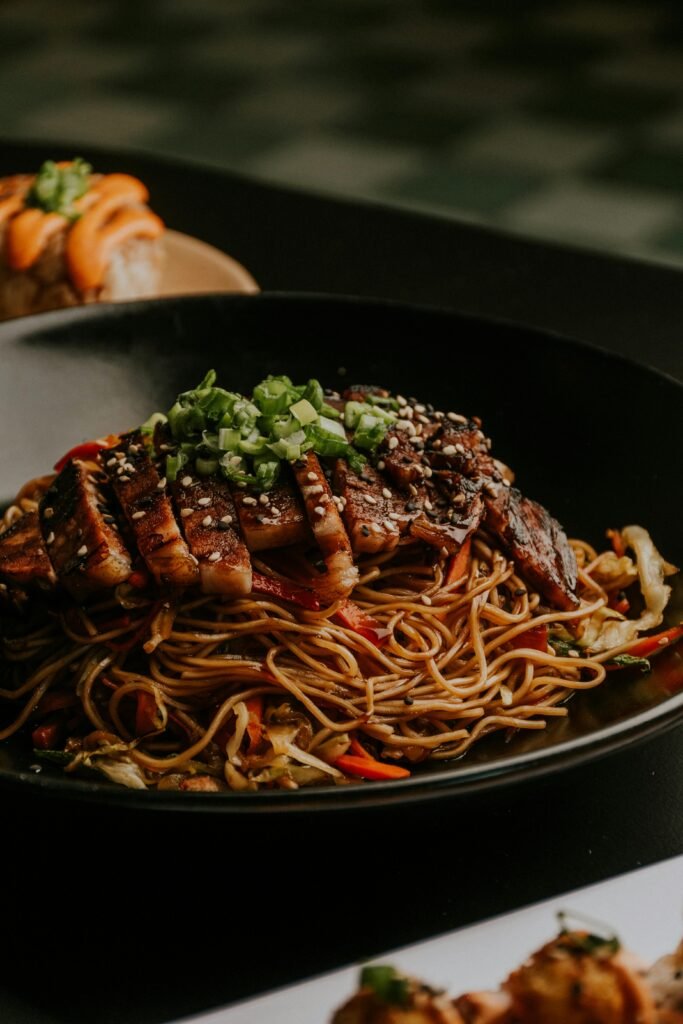Have you ever wondered why it’s not recommended to pair morels with alcohol? This peculiar culinary rule has left many food enthusiasts scratching their heads. In this article, we will explore the fascinating chemistry behind this unique restriction and reveal the surprising reasons why it’s best to enjoy morels separately from your favorite alcoholic beverages. So, if you’ve ever pondered the mysteries of gastronomy, prepare to uncover the truth behind the age-old question of why you can’t eat morels with alcohol.
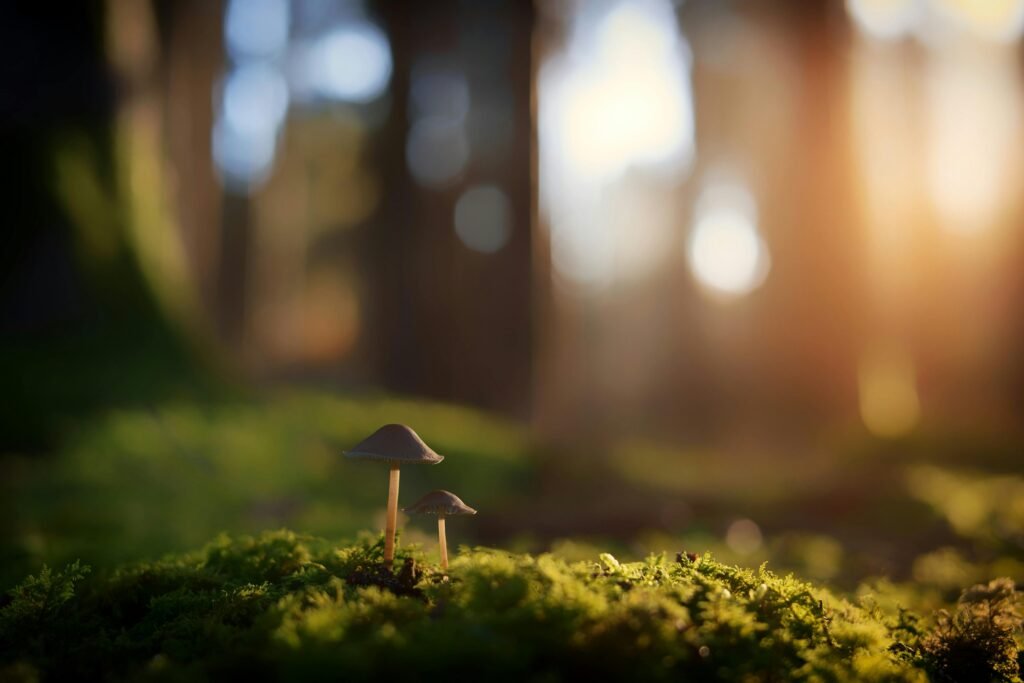
Introduction
Have you ever wondered why you shouldn’t consume morels alongside alcohol? It turns out that the combination of these two substances can have a significant impact on your body and overall health. In this article, we will explore the chemical composition of morels and alcohol, how they individually affect the body, and the potential consequences when they interact with each other. Let’s dive in and unravel the mysteries behind the cautionary advice!
Chemical Composition of Morels
Compounds in Morels
Morels, those delectable and highly sought-after mushrooms, boast a unique chemical composition. They contain various compounds that contribute to their flavor and medicinal properties. One such compound is the volatile oil, which gives morels their distinctive aroma and taste. Additionally, morels are rich in vitamins, minerals, and dietary fiber, making them a nutritious addition to any diet.
Effects on the Body
When consumed, the compounds in morels have several beneficial effects on the body. Some studies suggest that these compounds may possess antioxidant and anti-inflammatory properties, potentially reducing the risk of chronic diseases. Morels have also been found to support immune function and promote cardiovascular health. However, it’s important to remember that moderation is key when incorporating morels into your diet.
Alcohol and its Effects
Metabolism of Alcohol
Alcohol, on the other hand, is processed differently by the body. When you consume alcohol, it is rapidly absorbed into the bloodstream through the stomach and small intestine. The liver plays a crucial role in metabolizing alcohol, utilizing enzymes to break it down into less harmful byproducts. However, excessive alcohol consumption can overwhelm the liver’s ability to metabolize it efficiently, leading to potential health issues.
Effects on the Body
The effects of alcohol on the body are well-documented. Alcohol can impair judgment, coordination, and cognitive function, potentially leading to accidents or risky behavior. Chronic alcohol abuse can also damage various organs, including the liver, heart, and brain. Additionally, alcohol can cause dehydration and disrupt electrolyte balance, further compromising overall health.
Interaction between Morels and Alcohol
Chemical Reactions
When consumed together, morels and alcohol can undergo chemical reactions within the body. Research suggests that certain compounds in morels, particularly the volatile oil, can interact with alcohol, altering its metabolism and potentially amplifying its effects on the body. These reactions may occur within the gastrointestinal system, leading to further health complications.
Effects on Health
The interaction between morels and alcohol can have adverse effects on multiple systems within the body. Let’s explore some of the potential consequences:
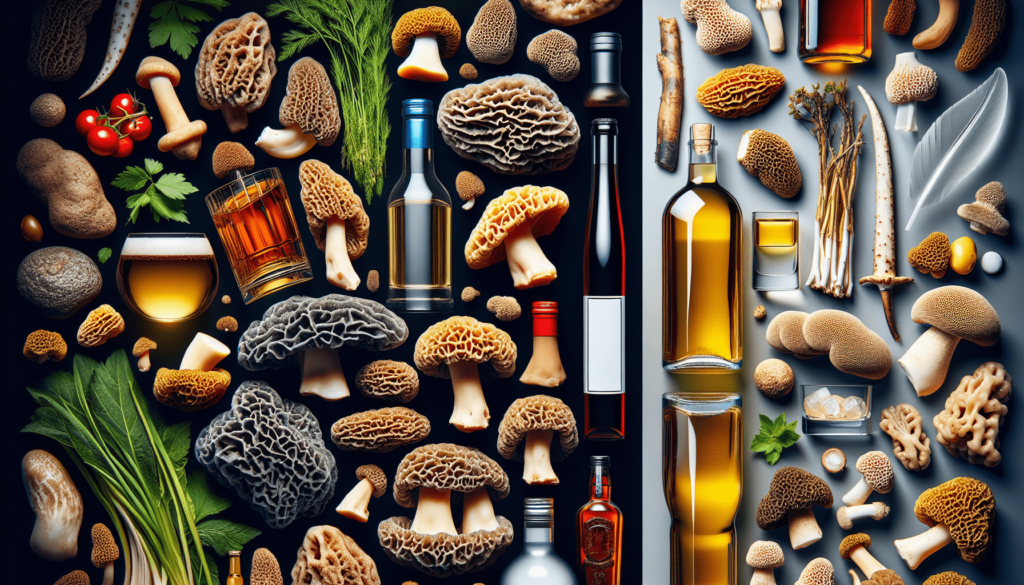
Digestive System
Impaired Digestion
The combination of morels and alcohol can impair digestion. Alcohol slows down the digestive process by inhibiting the release of digestive enzymes, potentially leading to discomfort, bloating, and indigestion. This can be exacerbated when consumed alongside morels, as the chemicals in these mushrooms may further impede proper digestion, potentially causing gastrointestinal distress.
Gastrointestinal Problems
The interaction between morels and alcohol can also contribute to an increased risk of gastrointestinal problems. Excessive alcohol consumption can irritate the lining of the stomach and intestines, leading to gastritis or even ulcers. When combined with the potentially irritating properties of morels, the risk of developing these conditions may be further elevated.
Liver Function
Toxicity and Overload
Both alcohol and morels can have an impact on liver function. Alcohol is known to be toxic to liver cells, and excessive alcohol consumption can lead to inflammation and liver damage. Morels, on the other hand, contain compounds that may also put stress on the liver when consumed in large quantities. The combination of these two substances can potentially overwhelm the liver’s detoxification processes, leading to further liver damage and impaired function.
Liver Damage
The interaction between morels and alcohol may increase the risk of liver damage. Chronic alcohol abuse is a leading cause of liver disease, such as alcoholic hepatitis and cirrhosis. Adding morels into the mix may further strain the liver and exacerbate alcohol-induced liver damage. It is crucial to prioritize liver health and be mindful of the potential consequences when combining morels and alcohol.
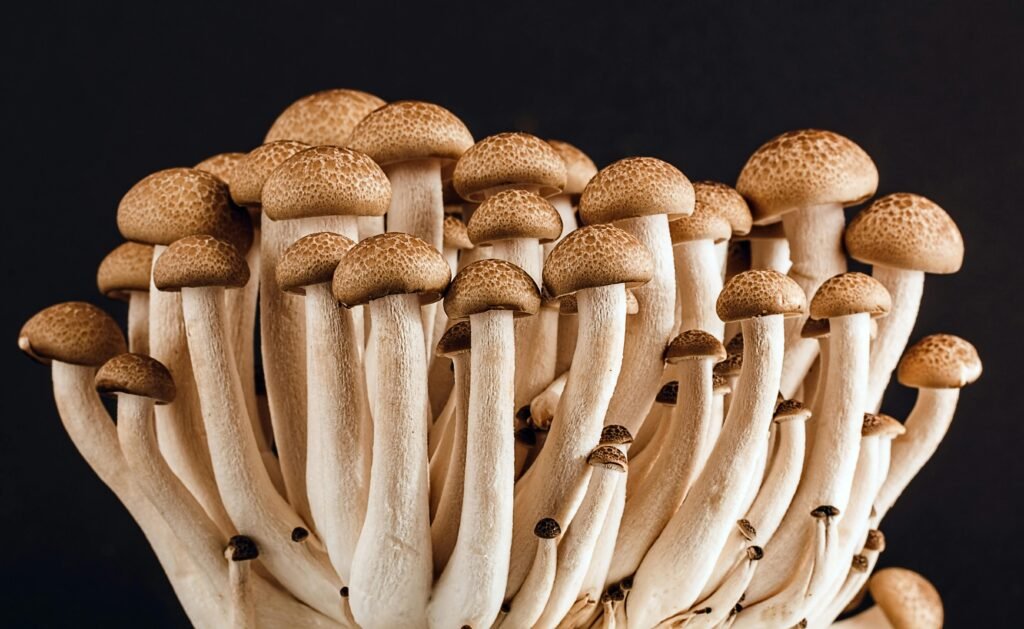
Nervous System
Impaired Brain Function
Alcohol is a known depressant that affects the central nervous system. When consumed, it can impair brain function, leading to reduced coordination, difficulty concentrating, and even memory loss. Morels, with their potential interaction with alcohol, may further intensify these effects on the brain, increasing the risk of neurologic impairment.
Neurological Disorders
The combination of morels and alcohol may also contribute to the development of neurological disorders. Chronic alcohol abuse is associated with neurological conditions such as Wernicke-Korsakoff syndrome, a disorder characterized by memory problems, confusion, and difficulty with coordination. The presence of morels in the system may aggravate these conditions, highlighting the importance of avoiding the simultaneous consumption of morels and alcohol.
Dehydration and Electrolyte Imbalance
Increased Alcohol Diuresis
Alcohol is a diuretic, meaning it increases urine production and can lead to dehydration. Alcohol-induced diuresis can deplete the body of essential electrolytes, such as sodium, potassium, and magnesium. When morels are consumed alongside alcohol, the potential for dehydration and electrolyte imbalance may be further intensified, increasing the risk of muscle cramps, fatigue, and other symptoms related to imbalanced electrolyte levels.
Mineral Deficiencies
Dehydration and electrolyte imbalances resulting from the combination of morels and alcohol can also contribute to mineral deficiencies. Minerals play a vital role in various bodily functions, including nerve conduction and muscle contractions. Prolonged or excessive consumption of morels and alcohol may hinder the body’s ability to absorb and utilize these essential minerals, potentially leading to deficiencies that can have wide-ranging health implications.
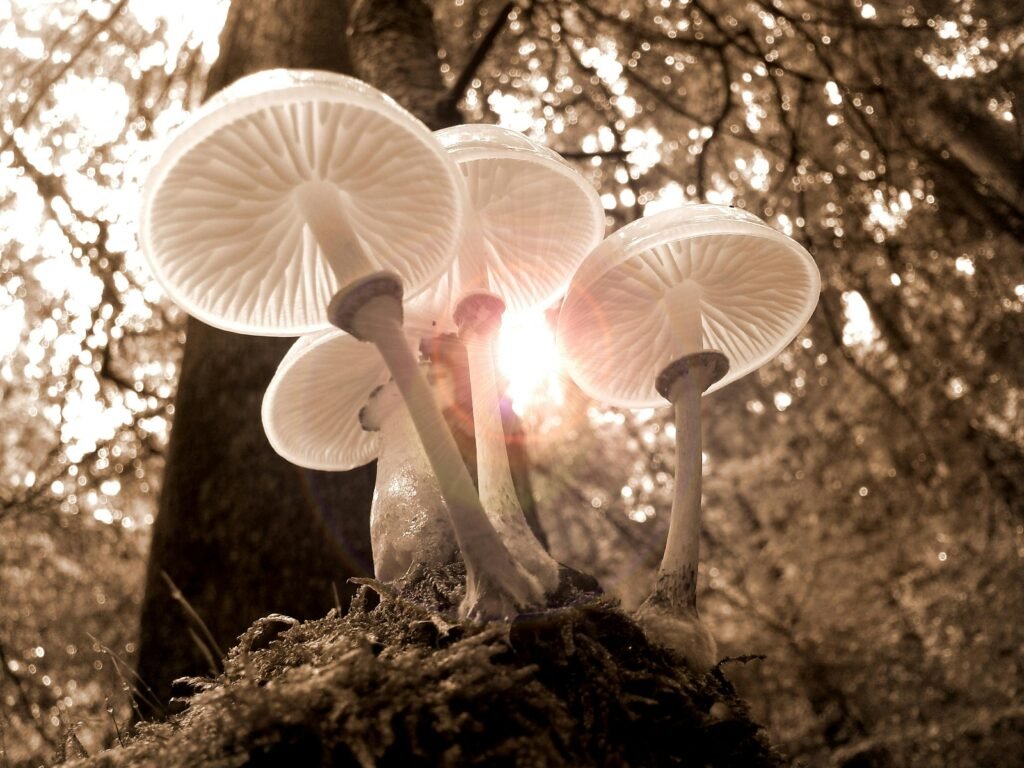
Delayed Alcohol Absorption
Slowed Gastric Emptying
Studies suggest that compounds in morels can delay gastric emptying, the process by which the stomach releases its contents into the small intestine. This delay can result in alcohol being absorbed into the bloodstream at a slower rate, potentially prolonging the effects of alcohol. While this effect may seem desirable to some, it can also increase the risk of alcohol toxicity and exacerbate the negative consequences associated with excessive alcohol consumption.
Adverse Effects of Alcohol
Prolonged exposure to alcohol due to delayed absorption can heighten the risk of alcohol-related health problems. Chronic alcohol abuse can lead to an increased risk of liver disease, cardiovascular issues, and neurological disorders. When morels are consumed alongside alcohol, the risk of experiencing these adverse effects may be further heightened, making it crucial to exercise caution and moderation.
Conclusion
In conclusion, the combination of morels and alcohol can have significant consequences for your health. Whether it’s the chemical interactions within the body or the potential for exacerbated detrimental effects on various systems, it’s clear that consuming morels alongside alcohol is not a recommended practice. To prioritize your well-being, it’s essential to be mindful of the potential risks associated with the simultaneous consumption of these substances. Remember, moderation is key, and always consult with a healthcare professional for personalized advice regarding your dietary choices and alcohol consumption. Stay healthy and make informed decisions to protect your body and mind!
